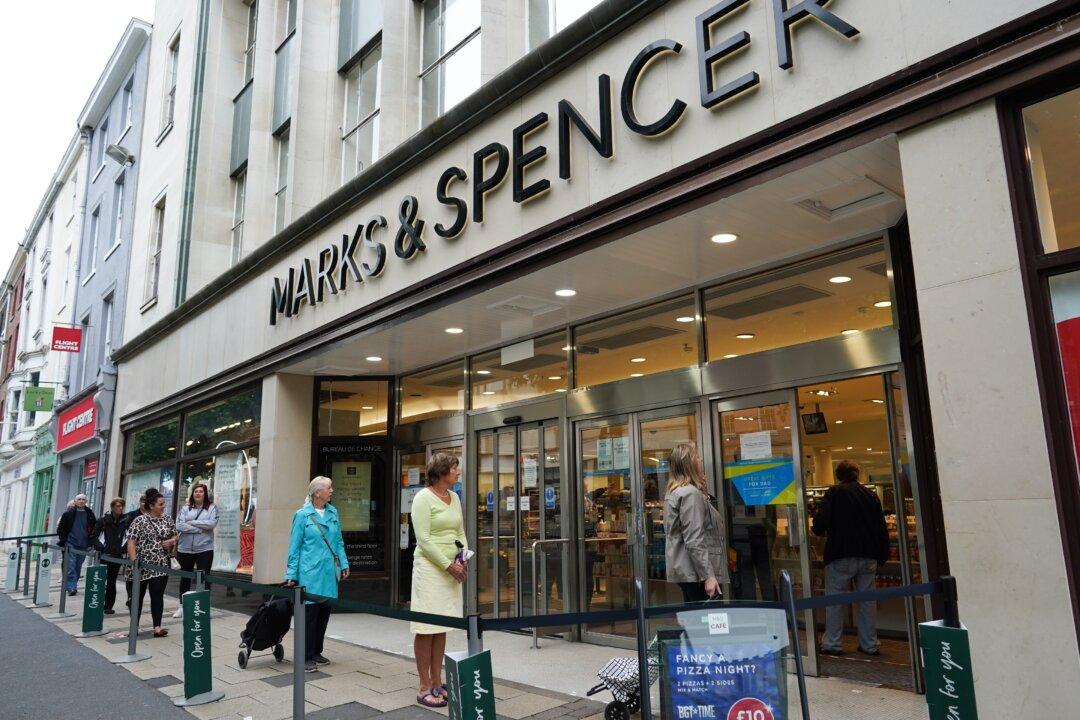While Britain continued to tackle the CCP virus pandemic that all but halted travel and closed shops, pubs, and restaurants, British firms were planning to cut 300,000 jobs, according to data obtained by the BBC under a freedom of information (FOI) request.
The 300,000 figure revealed by the BBC on Tuesday is based on data submitted to the government under a legal requirement to do so from companies planning 20 or more redundancies.





